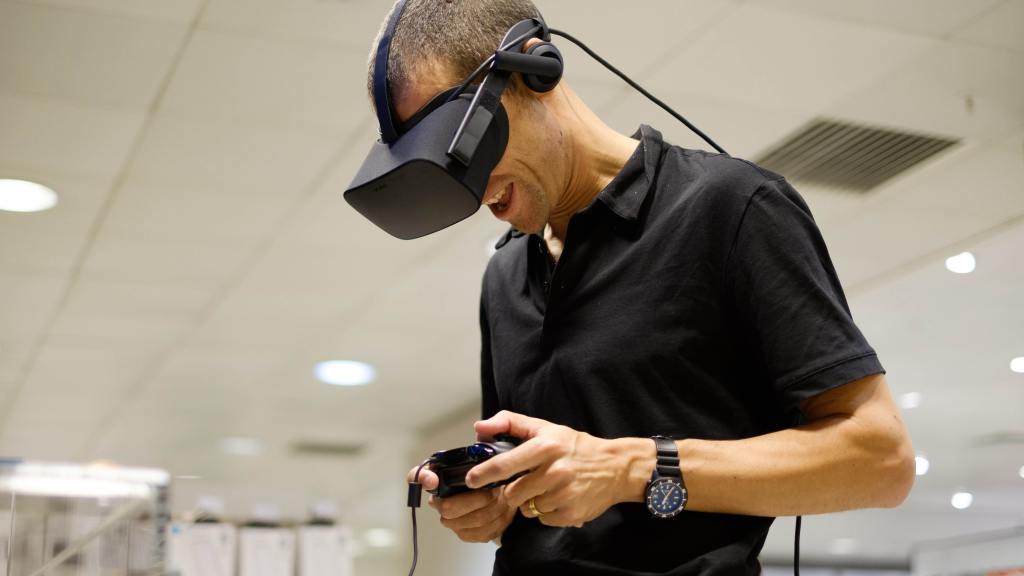Virtual and augmented reality to be used for seafarer training

The UK maritime industry is to use virtual and augmented reality in seafarer training as part of Government plans to innovate in the sector.
Using the technology is part of the Department for Transport’s Maritime 2050 strategy, which will also see the creation of an “innovation hub” at a UK port by 2030 to look into ways of cleaning up emissions and improving training.
The Government said new legislation will also be introduced to create the framework to allow for more testing of autonomous vehicles in UK waters.
The hope is to establish the UK as the best place to trial such technology and attract investment to boost the economy, the department said.
The use of virtual and augmented reality will form part of plans to create a Maritime Skills Commission, bringing together experts to discuss the future needs of the industry and use that to steer the tuition of seafarers.
Transport Secretary Chris Grayling said: “Maritime is a vital UK industry, bringing in £14 billion to our economy as well as providing thousands of new and exciting careers for people across the country.
“This strategy is a clear message to the world – we will continue to be a leading maritime nation for the next 30 years and beyond.
“We will be at the forefront of emerging technology and seafarer training and will capitalise on selling this expertise to companies across the world.”
The Government’s previously announced Clean Maritime Plan – which will set out ways in which the UK can reach zero emission shipping as quickly as possible – is also part of the strategy.
Harry Theochari, chairman of Maritime UK, said: “For the first time the maritime sector has a real long-term strategy – setting out what Government and industry will do to position the UK as the world’s leading maritime nation over the coming decades in an increasingly competitive global context.
“There are monumental opportunities for our sector – whether on technology, coastal economic development, attracting more maritime business to our shores or for the people that underpin our success.
“The global ocean economy will double in value to three trillion dollars by 2030. Competitor maritime nations are hungry for the prize, and Maritime 2050 will ensure that the UK is best-placed to capitalise.
“The task of turning these ambitious recommendations into reality rests on the strength of partnership between industry and Government. Industry is committed to delivery.”
Discover more from Tech Digest
Subscribe to get the latest posts sent to your email.

